LAGOS — In 2013, founder Jide Martin started Comic Republic in Lagos to fill a gaping void of superhero stories featuring African characters.
In his own words, Martin set up his company in response to “a moral vacuum in the present generation, a general lack of icons. People stopped believing in the institutions of old. To fill this gap, I went back to my childhood and I remembered that I used to reflect on what Superman or Batman would do when I wanted to make decisions; so I decided to use the same medium to give this and the next generation something to believe in.”
Our children can be voracious readers, and clearly not just of novels but with desires for other genres, so when there is not much for our children to look up to in the fictional world, they look elsewhere for those role models. Surely, we don’t want our children to ask what would Superman or Batman (or even Jesus) do?
The modern Bible so many study is not written by Africans. Neither is a Superman or Batman comic. So if our children and if we ourselves are receiving guidance from any of those texts, we are sadly misguided–unless of course, those writers should guide our society instead of ourselves. With such reasoning, Jide Martin knew that the onus was on himself and his community to build something for Nigerian youth.
Out of his vision to create something uniquely African came Comic Republic, which specializes in making Nigerian Comic Books. The company’s flagship character, Guardian Prime, wears the green and white armour and cape of the Nigerian flag. It’s not by coincidence that his uniform is more stylish than that of his global superhero counterparts. Guardian Prime is, by day, a fashion designer, and by night, a staunch fighter for Nigeria’s safety.
Besides the flagship series about Guardian Prime, Comic Republic has released other series, including Hero Generation, created by illustrators Toby and Ozo Ezeogu. All the characters in Hero Generation have superpowers and are relatable to everyday Africans: Max Speed is a super-fast, rich kid, PowerBoy is from a military background, and Nutech is a geek (you know, that kid whose scores you could never surpass) with gifts of teletechnopathy and magnetism.
Comic Republic’s female superheroes are also formidable. Ireti, for example, is known for her “mighty warrior powers that surpass normal men.” Striking the optimal balance between fashionable and fierce, Ireti serves as one of many icons to African girls.
One evil character Eru is, by day, a lecturer at Lagos University but by night he becomes a symbol of fear and haunting.
Comic Republic is not the only group making a splash onto the scene of Nigerian comic books.
In 2012, Lagos-born Roye Okupe set up YouNeek Studios with “a mission to create superhero stories based on diverse characters, from parts of the world that don’t get enough attention.” Okupe’s main character EXO is a superhero based in Lagos in the year 2025.
Much like the aspirations of Jide Martin, Okupe also desires to ignite African creativity and storytelling: “We as African creators need to step our game up and not just produce African – and in my case Nigerian – characters just for the sake of it, but actually produce great ones, with great stories.”
Afua Richardson, an African Native American artist, who works for U.S. comic giant Marvel waged much criticism agaisnt the current narrow portrayal of Africans in comic books across the globe, with African characters usually boiled down to stereotypes.
Richardson said, “You may only see the starving, warring, barren wastelands or the dangerous mosquito-ridden jungles of the Congo. You’ll only get simple lives of tribal men and warlords because someone didn’t want to do a little research. Or, if there is to be some kind of fictional narrative of African hierarchy it will be reserved for an over-dramatisation of Egyptian dynasties, totally overlooking the recent accomplishments the entire continent has advanced to in the last several thousand years. It’s lazy, really.”
Like Afua Richardson and other comic book illustrators, Roye Okupe also discussed what he thought could be improved in the imagery of Africa in mainstream comics: “I want them to see a different side of Nigeria, our booming tech industry, amazing city architecture, unique culture, African humor, Afrofuturism … a side that is not regularly shown in mainstream media. But I feel like the onus is on us as African/African American creators (and diverse creators in general) to put more of our own stories out there by any means possible.”
Certainly images are important in shaping how we think about our society as well as how we think about other nations around the globe. The rise of Nigerian comic books and African superheroes will do well to reshape the local and global image of Africa and African culture.
Afua Richardson remarked: “I notice fictional media and entertainment in general, will paint a very one-sided representation of African countries and its people. I imagine the world would have an obscured view of the United States if all that was ever seen of its people were the ghettos, the impoverished, the starving and the vitriolic, you’d probably not want to visit.”

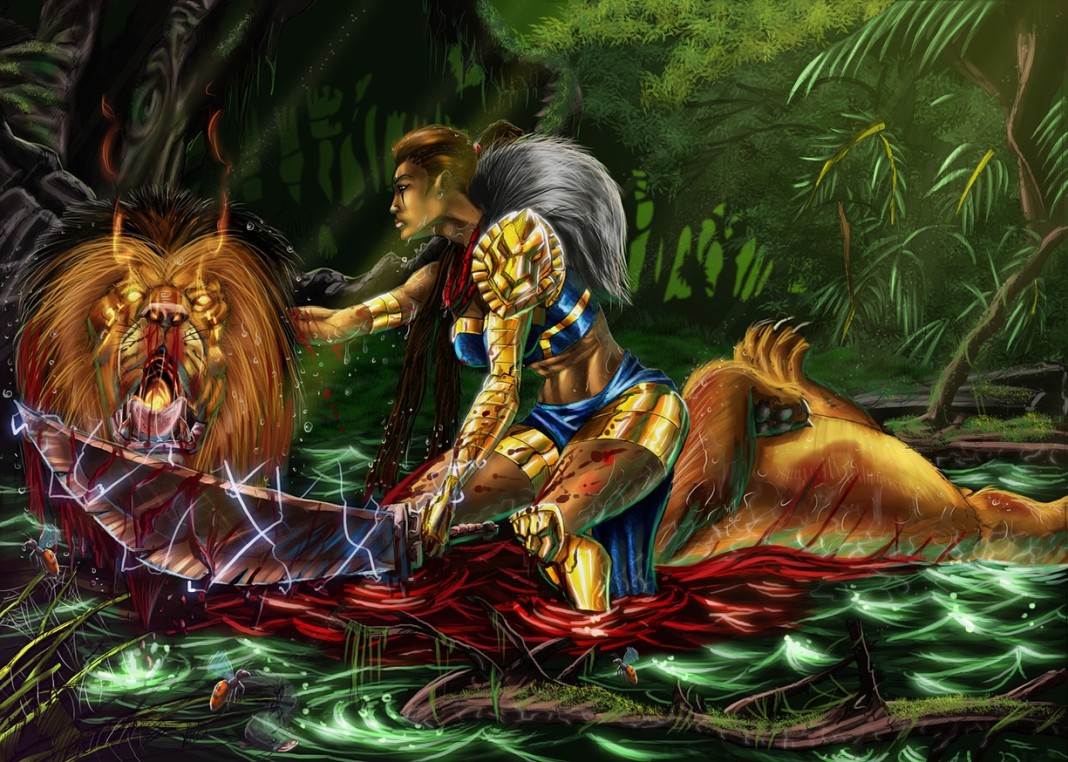
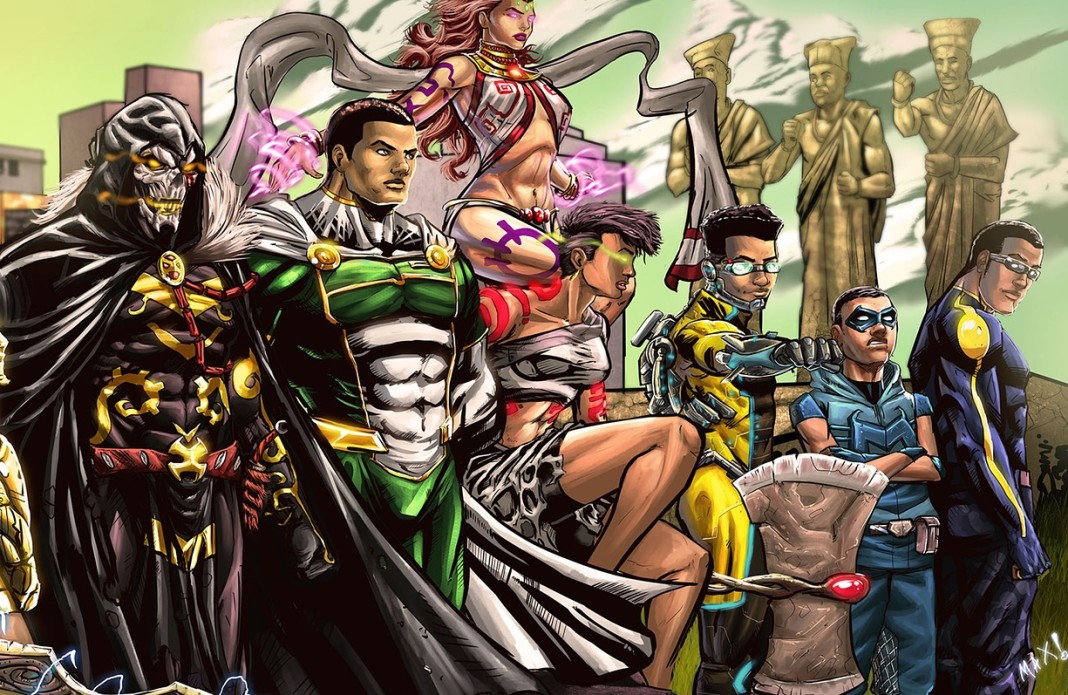
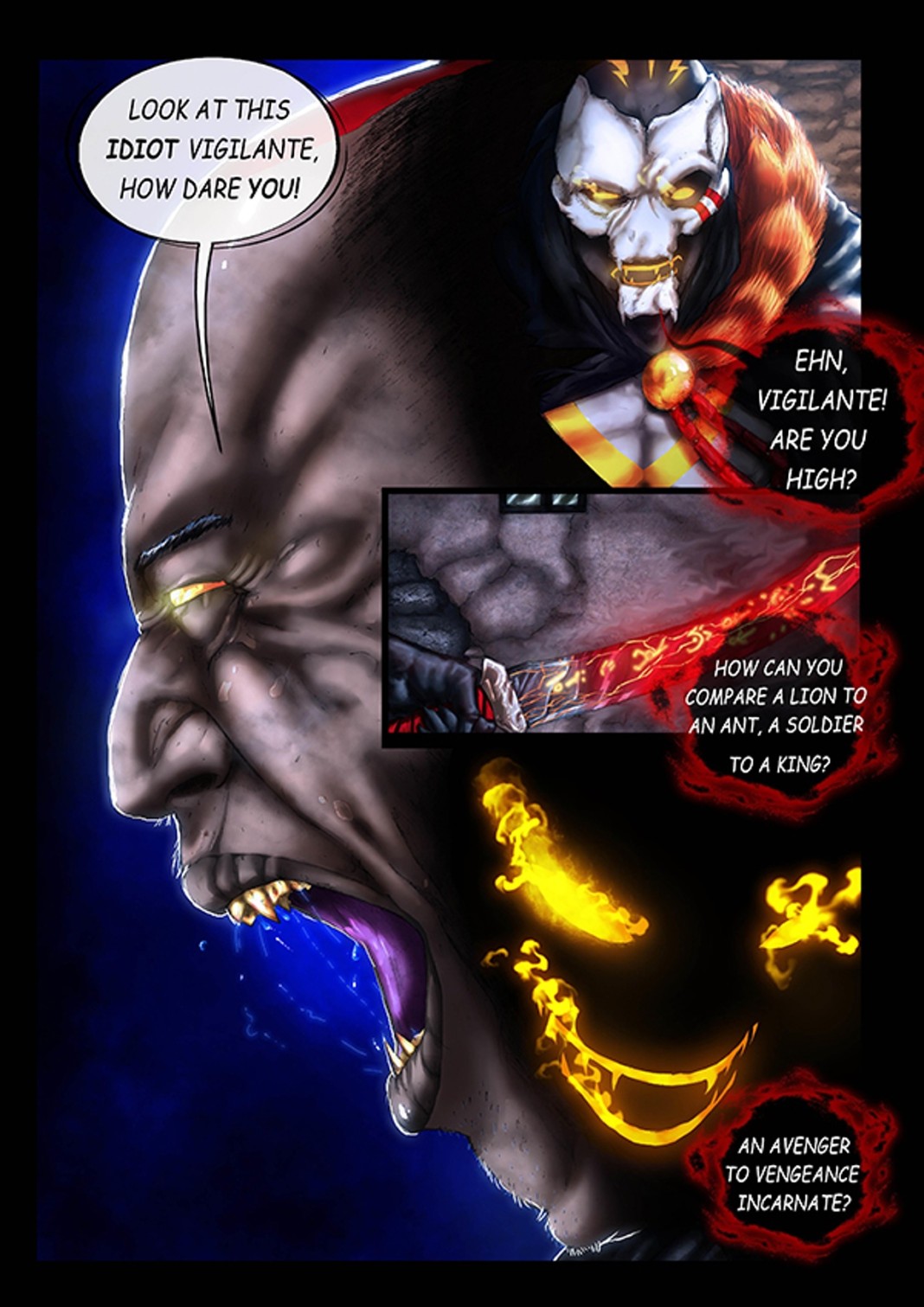

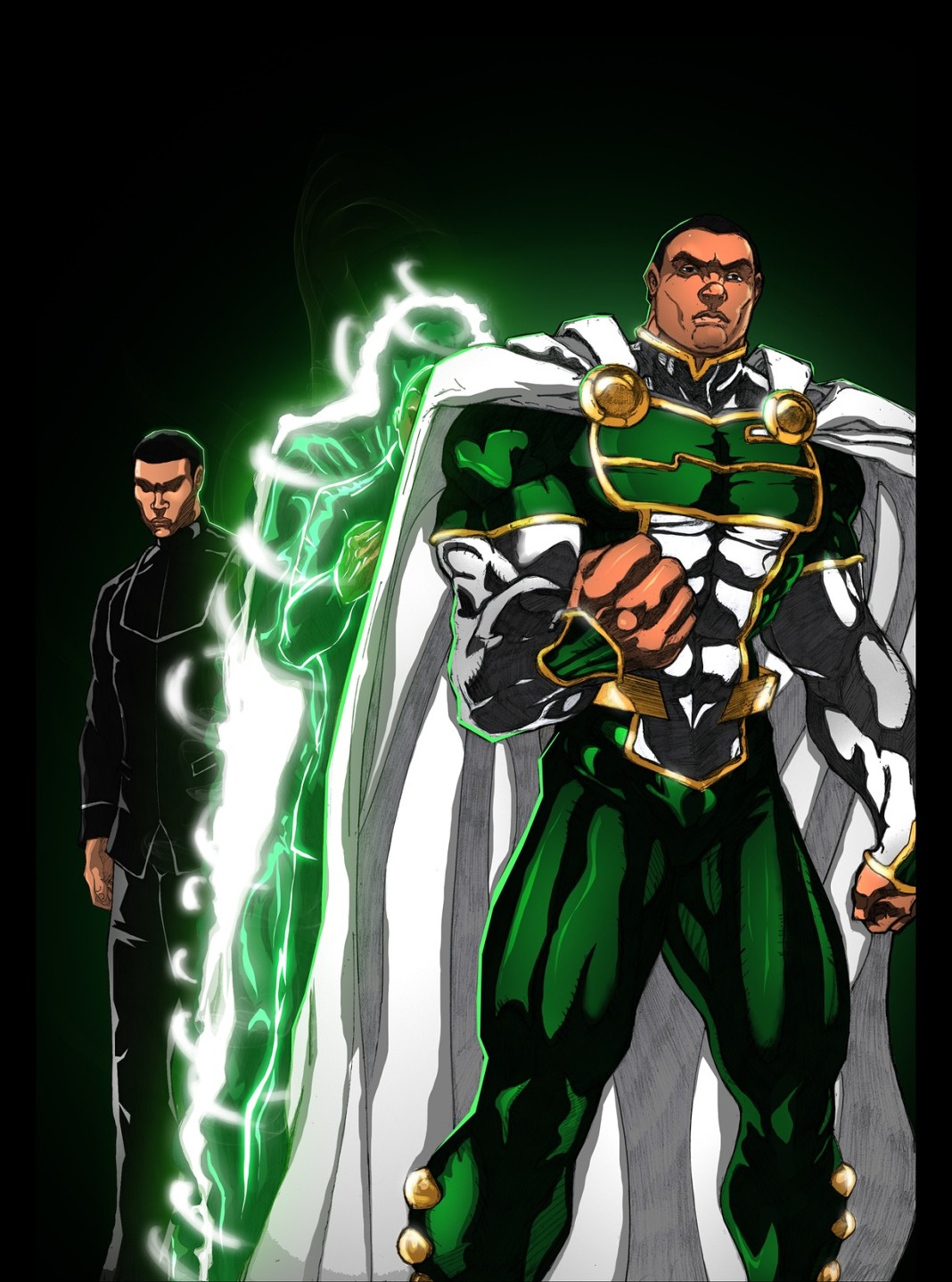
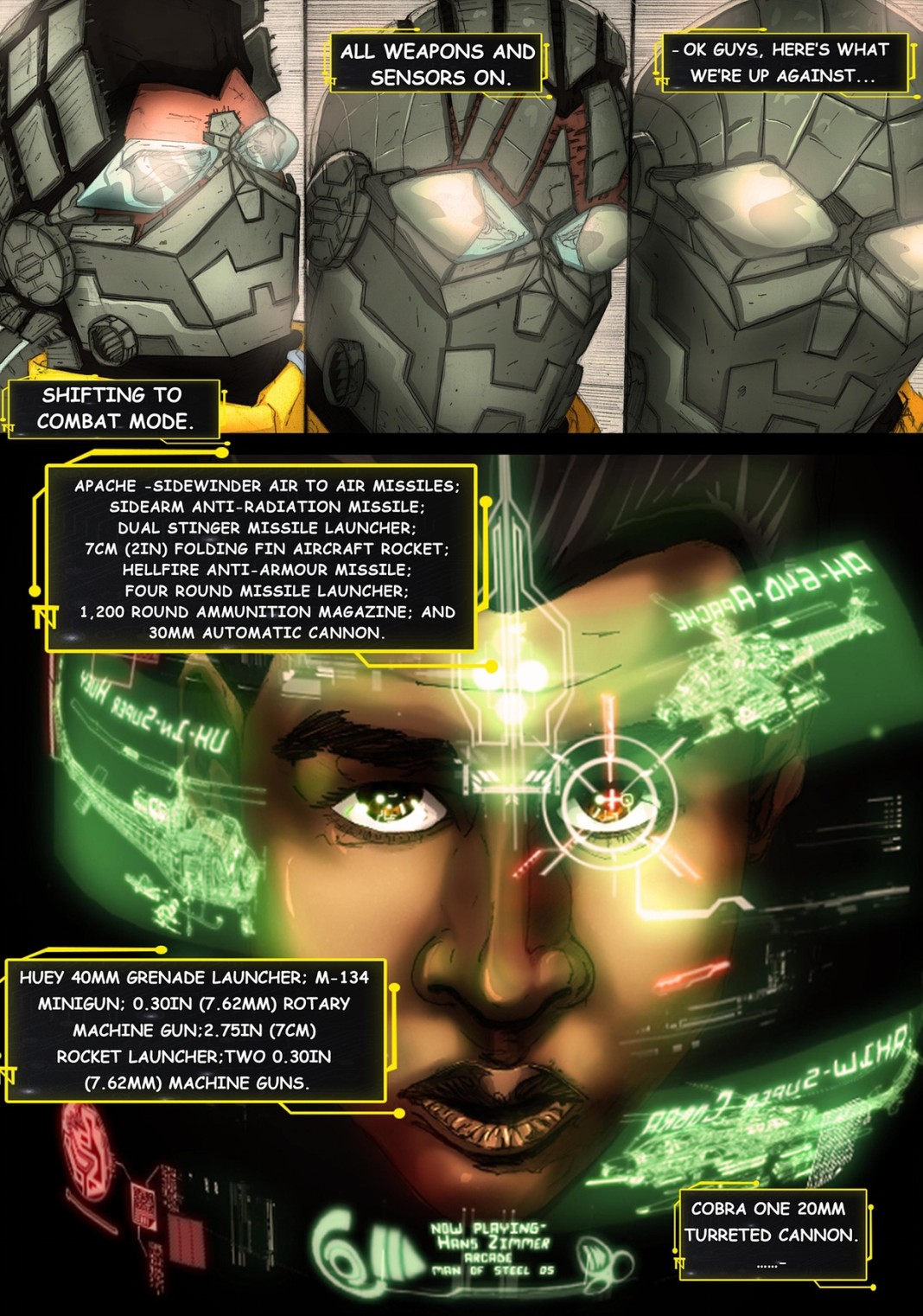
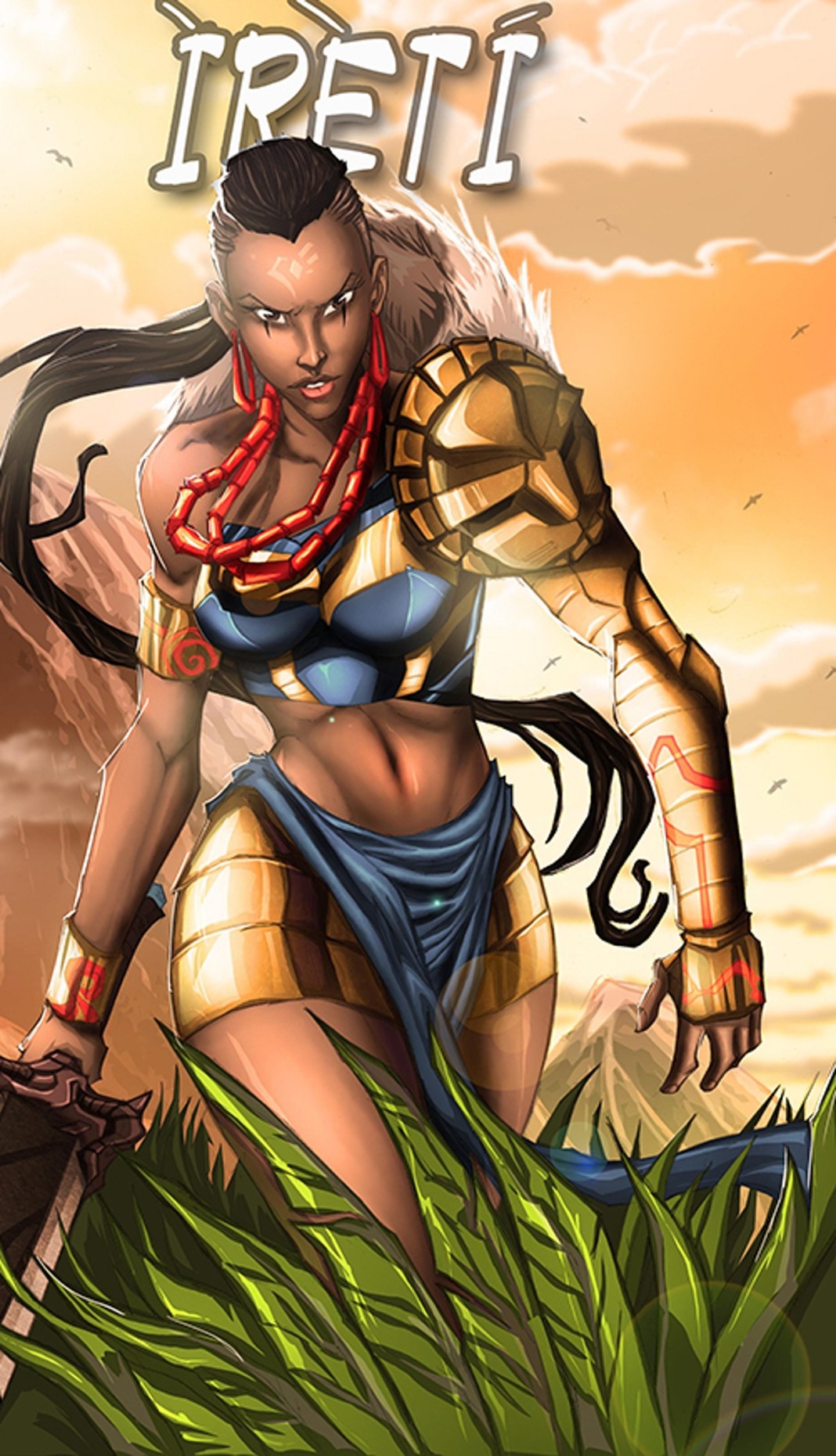
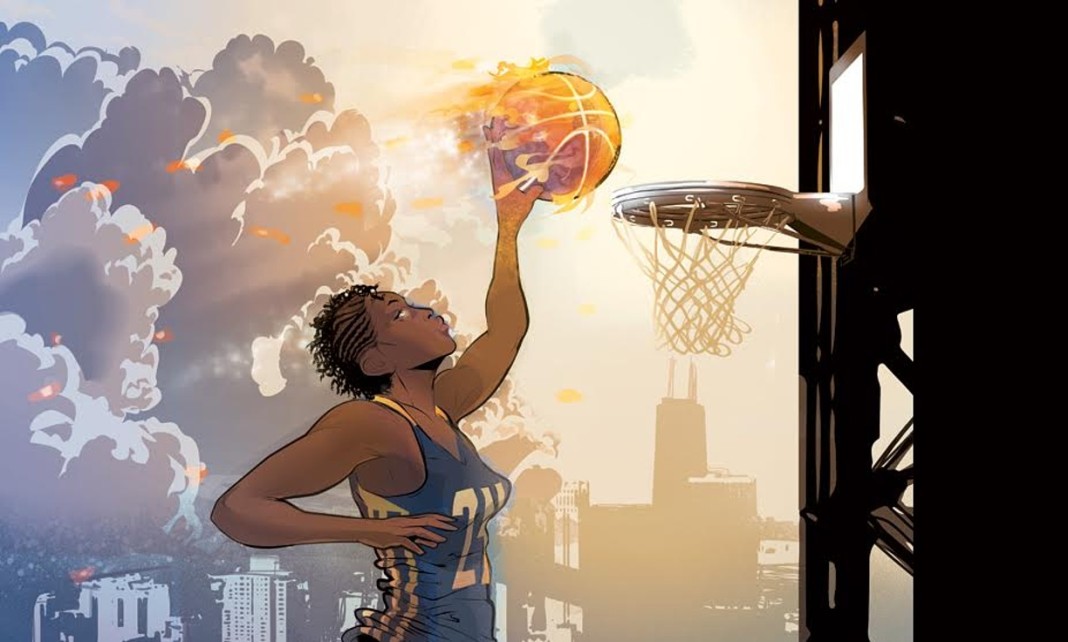











Fabulous! From Lagos, Nigeria – ” Martin, along with Comic Republic’s content creation and direction officer, Akintoba Kalejaiye, set out to create characters who struggle through some of the same issues facing young Africans today. Like many of the most famous characters in Western comic books, the superheroes they created are often teenagers or young adults who have a super power thrust upon them and have to struggle with their powers and their daily life. The comics are free to download online and are drawn in the same style as comics from DC or Marvel.”
Nigerian’s are very proactive with regards to publishing comics. They aren’t waiting for a government grant or a miraculous event to steer them into doing what they love doing. They roll up their skeeves and do it one book at a time. We can learn a lot from our Nigerian brothers. The most important lesson being “Do it.” – No industry was ever built by just wishing on a star and somehow having a path ready and waiting. It took slow, steady work. Progress is a funny beast. You could find yourself labouring foe hours on end for days only to move an inch. Rest, then come back and do the equivalent work of 10 days in one, with supreme quality and focus. Another time you could be taking these arduous, little steps dragging your weight little by little only to look back and realise that you took giant leaps. Thats the thing with progress, its always happening if you make it happen. No matter how little. You walk the path & you will certainly achieve. Start by thinking about what it would take to make it. It could be through advertising & marketing. It could start with a public service leaflet. But honestly think about how you can achieve getting published. From there, do what must be done. A web comic maybe? A motion comic? With digital technology being as sexy as it is, your imagination will be your captain. Guys you can do it hey. The world is a far more sophisticated place than you may realize and new ways to skin a cat are out there. But as the Nigerian proverb goes,”Its not about how to skin a cat. Its skinning a cat.” Get to it 2015 is here and we wanna see some art here. Posts to a link. Whatever it is we’ll share it with the world.
Thanks for this lovely piece on COMIC Republic We just saw this!
The long nights spent creating our stories, going days without sleep ensuring we maintain the quality of our comics, the difficult moments, the steep timelines… all of it fades away this very moment. Articles like this remind us that It is all worth it! You make us want to do so much more. We are humbled that you would take the time to write on us, do it so beautifully and share it with your millions of followers . We’ve only just begun. We will not rest on our oars, ….quality comics out of Africa. We remain committed to the dream.
Thank you Grandmother!